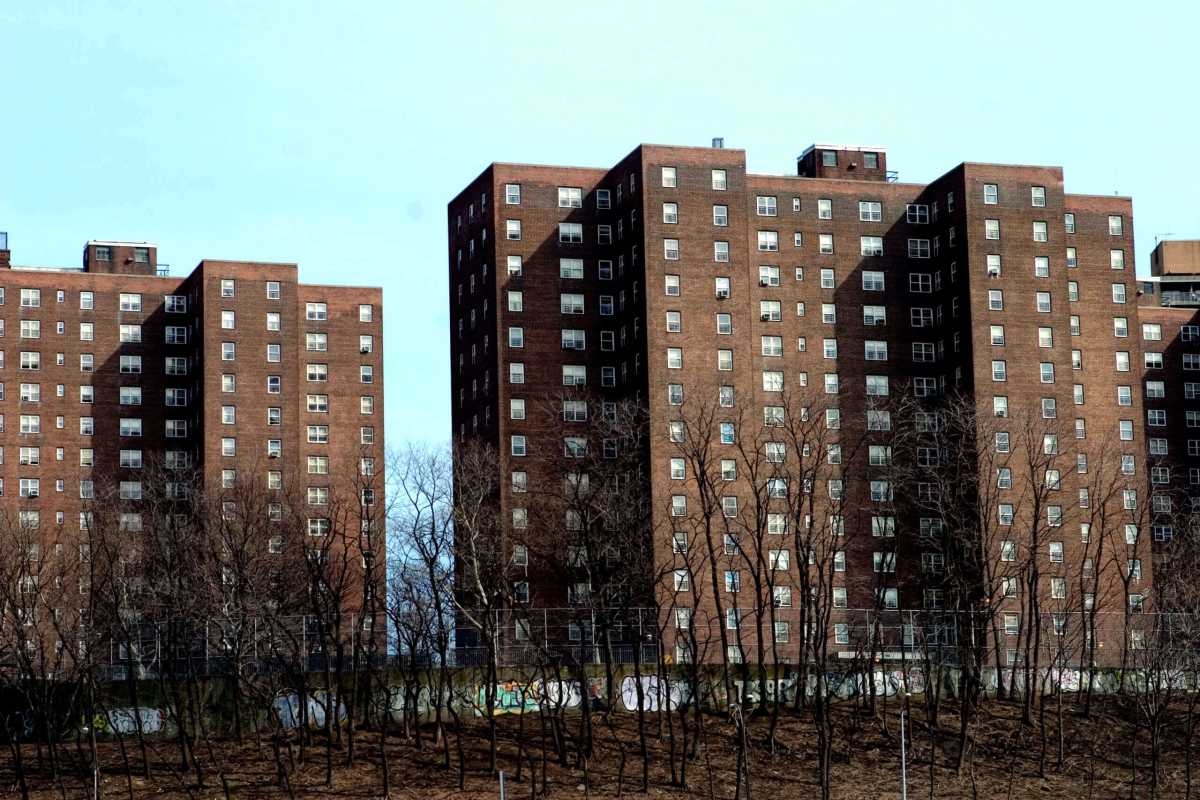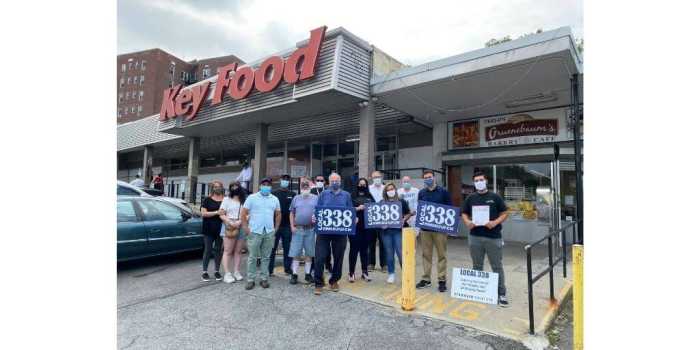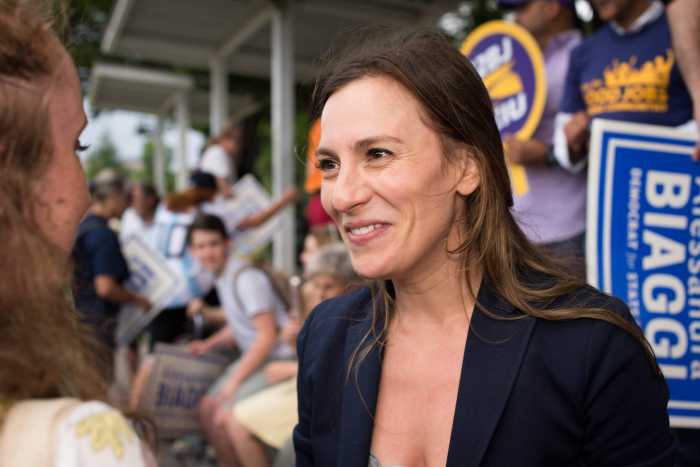Two Bronx tenants are part of an eight-plaintiff class action lawsuit filed against the city’s Department of Social Services (DSS) alleging the city agency unlawfully terminated and failed to renew rent subsidies and housing benefits intended to protect eligible tenants from eviction and homelessness.
There are two rent supplement programs administered by DSS. FHEPS allots cash assistance for tenants with children who have been evicted or are facing eviction, lost their housing due to a domestic violence situation, or have lost their housing because of health or safety issues. The other subsidy, CityFHEPS, the only city-funded rental assistance in the country, is aimed at preventing at-risk households from entering city shelters.
Both FHEPS recipients are required to complete an annual recertification, and DSS officials told the Bronx Times that “systems are in place” to ensure that they receive timely reminders. However, the lawsuit — filed on April 5 in New York Supreme Court by The Legal Aid Society and law firm Hughes Hubbard & Reed LLP — alleges that DSS failed to renew household subsidies in a timely manner or notice, which led to rental payments and other benefits being terminated without notice.
Bronx plaintiffs Jatnna Aquino and Nakisha Rieara, had both been FHEPS recipients for several years, but claim they did not receive timely notice of a change in their benefits or an increase in cash assistance when they provided DSS notice of their rise in rent in 2022.
In October 2022, three months after Aquino re-certified her information for cash assistance, her FHEPS supplement was removed without notice or information, the suit alleges. By March, Aquino — who lived in her Bedford Park apartment for seven years without payment issues — was six months behind in rent payments and received an eviction notice.
Rieara, who lives with her 16-year-old son in the eviction-heavy Fordham Heights area, is disabled. Rieara’s cash assistance dried up in August 2022 when she received notice that she failed to recertify. However, Rieara claims she never received a notice informing her that she needed to recertify, but reapplied, which led to her case reopening later that fall.
In July, Rieara signed a rent-stabilized renewal lease, which provided for an increase in her rent that went into effect in November. According to court documents, when Rieara contacted city officials in October that her rent was increasing, the agency failed to modify her FHEPS subsidy.
Rieara owes rental arrears based on the change in her rent and could be sued for the balance at any time, according to attorneys.
In some cases, attorneys claim, the families in these programs did not receive notice that their rent is no longer being paid, and learned of the problem only when they received eviction papers from their landlords.
“So (tenants) are providing the information to the city that they need to be providing, but they are not getting the benefits that they’re entitled to get in return,” said Emily Lundgren, an attorney at The Legal Aid Society. “The households we brought this case on behalf of, they’ve already been found eligible for these programs … and now they’re losing the benefits and are back in the same situation, which was the whole reason why they got the voucher in the first place.”
DSS has made changes to their rent subsidy programs last year that included expanding CityFHEPS eligibility to include single adults working full-time on minimum wage, even if their income is slightly higher than 200% of the federal poverty level.
Other changes included reducing the monthly contribution by CityFHEPS tenants who move into single-room occupancy units from 30% of their income to a maximum of $50 per month.
“Whenever (DSS) learns of any issues with annual recertifications, we promptly investigate the unique circumstances of each case and work to address them,” a DSS spokesperson said in a statement to the Bronx Times. “This administration has implemented a wide range of reforms to reduce administrative burdens for vulnerable New Yorkers while strengthening and expanding access to CityFHEPS.”
DSS said that landlords could miss payments if the tenant does not submit the annual CityFHEPS recertification timely, correctly or to the right place. But sometimes, the error might be on the landlord’s end, city officials said, attributing the unpaid monthly 30% tenant portion as missing payments from DSS.
Reach Robbie Sequeira at rsequeira@schnepsmedia.com or (718) 260-4599. For more coverage, follow us on Twitter, Facebook and Instagram @bronxtimes























